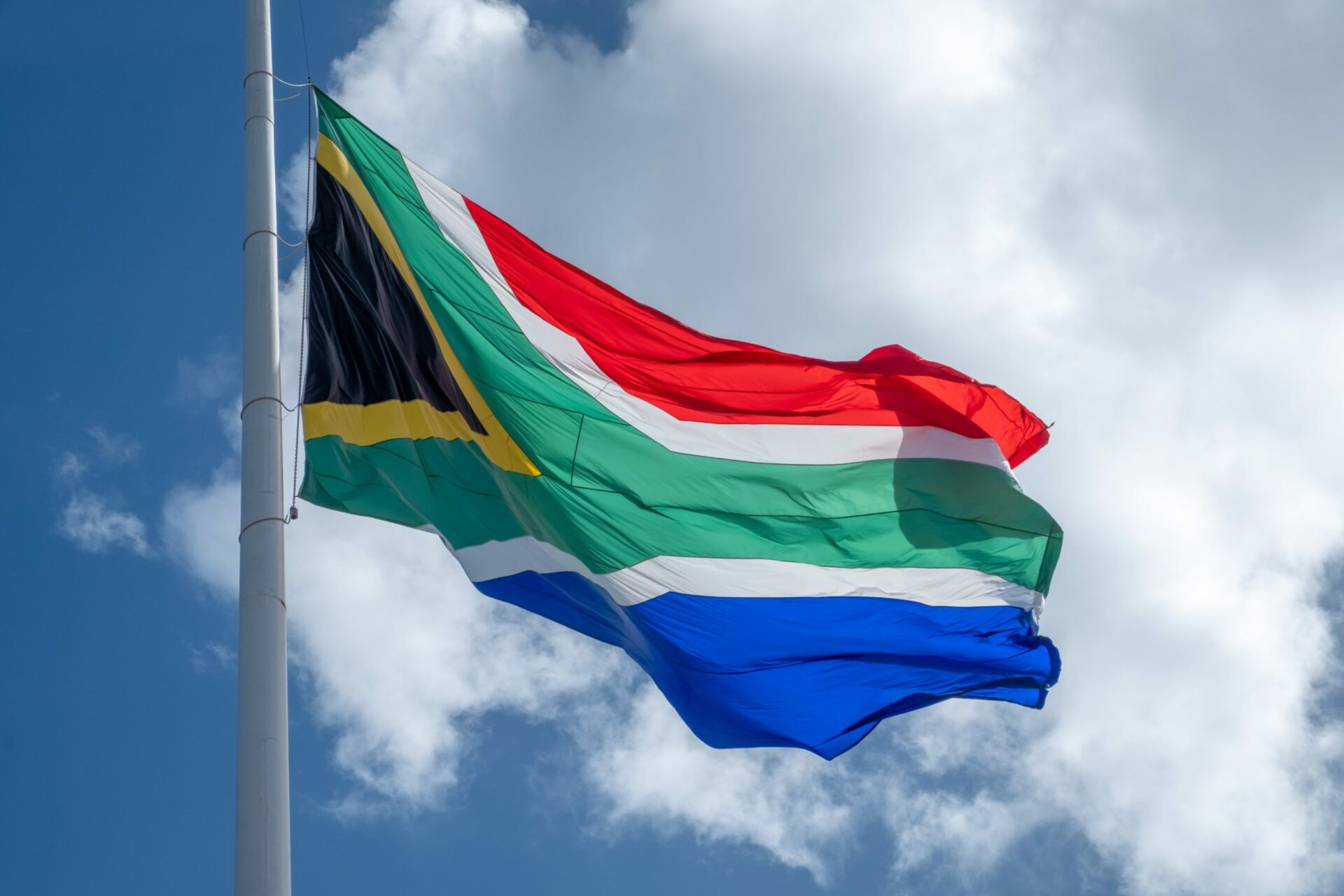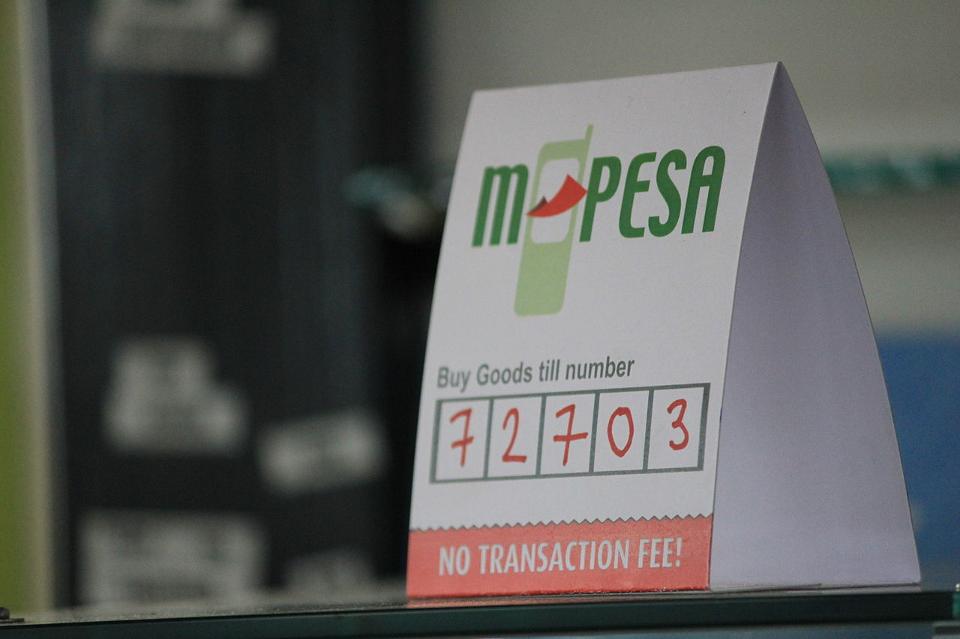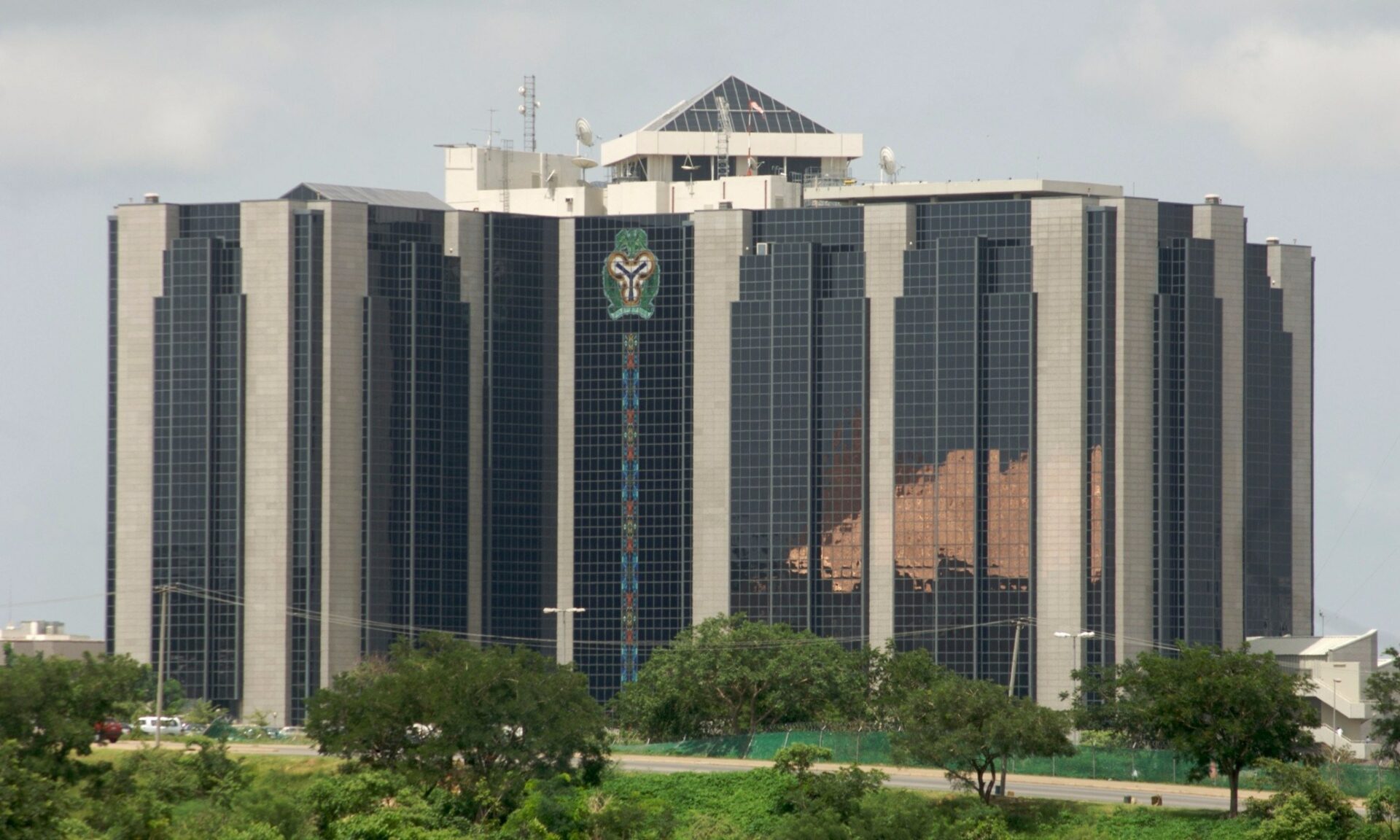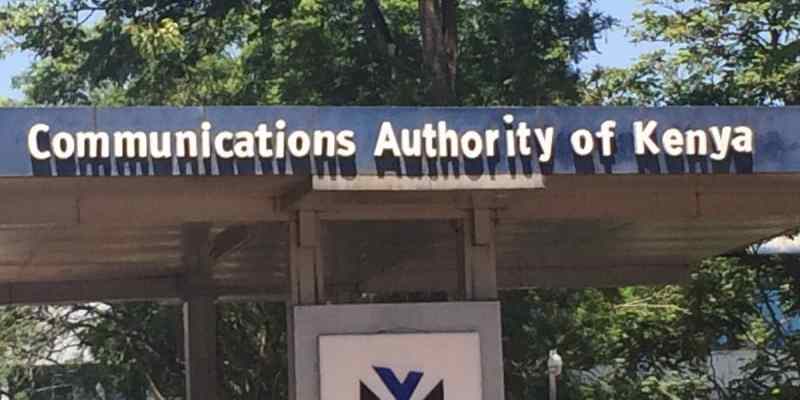Governance & Policy
Regulations, laws, directives and policies, that affect African startups, the financial sector, telecoms, cyber security, among others. It’s unpredictable nature either enables, stifles or is neutral on innovation
Top stories

Sustained economic reforms, lower inflation, and interest cuts are expected to ease credit conditions in South Africa’s banking sector in 2025, says S&P Global.

M-Pesa seeks to integrate with PesaLink, enhancing interoperability, expanding access to seamless mobile money and bank transactions while creating new growth and regulatory opportunities.

Nigeria’s second largest electricity distribution company company, Eko DisCo, will be acquired by Transgrid Enerco. The company, formed by three corporations with established investments in the power sector, could have more control over how it collects payments from consumers.

The Nigerian Communications Commission (NCC) has approved a 50% tariff hike, the first in over a decade, amid losses from naira devaluation and rising costs.

The Accra Metropolitan Assembly (AMA) has introduced a shortcode-based payment system to simplify the process for businesses obtaining operating permits.

With Donald Trump assuming office as the 47th President of the United States, Techpoint Africa spoke to Africa-focused investors and founders on what his tenure portends for the tech ecosystem.

As part of its ongoing efforts to boost efficiency in financial operations, the Nigeria’s central bank has launched a naira payment solution for government agencies, which is projected to improve turnaround time by 70%.

Kenya has mandated that all social media companies establish physical offices in the country. This move follows the government’s commitment to take action against those misusing social media to defame public leaders and spread harmful content.

In a move designed to enhance operational efficiency and promote digital inclusion, the NIMC has mandated the Nigerian Correctional Service (NCoS) to register inmates across Nigeria for the National Identification Number (NIN).

The Central Bank of Nigeria has fined nine banks ₦150M each for failing to ensure cash availability at ATMs during the festive season. It also vowed stricter measures to enforce cash flow compliance.

The United States and Nigeria have signed a $2 million grant agreement to expand Nigeria’s fibre optic infrastructure by 90,000 kilometers.

Zambia’s Securities and Exchange Commission (SEC) has taken enforcement action against Standard Chartered Bank for mis-selling bonds issued by Chinese property developer Sino-Ocean to a local client.

Meta’s new moderation policies could worsen ethnic and religious tensions in Nigeria. While the company has not revealed when the new policy will be rolled out in Africa, experts believe citizens and the government need to be proactive.

Kenya plans to increase satellite ISP license fees by over 800%, raising questions about its impact on connectivity for underserved areas and smaller Internet providers.

Egypt has launched two significant initiatives — the e-voting project and a performance and complaints measurement programme — aimed at accelerating digital transformation and enhancing citizen engagement in governance.

Data by Top10VPN has shown that sub-Saharan African countries lost $1.5 billion to Internet shutdowns in 2024. This is 19% of the total $7.69 billion that was lost to Internet shutdowns worldwide. In 2024, there were a total of 28 Internet shutdowns across 28 countries. 13 of these were African countries — Sudan, Ethiopia, Kenya,…

The Nigerian government has announced plans to establish the National Credit Guarantee Company (NCGC) by May 2025, aiming to enhance credit access for individuals and businesses, particularly targeting underserved groups such as women and youth.

The Central Bank of Egypt plans to launch card tokenisation by 2025 to secure digital payments. This aligns with Egypt’s rapid electronic transaction growth, boosting security and trust.

Zimbabwe implements an AI-powered traffic system in its capital, Harare, which would help reduce congestion and boost road safety.

Kenyaʼs Director of Criminal Investigations (DCI), Mohamed Amin has denied the report that security agencies have access to customersʼ sensitive call records to conduct unauthorised tracking and monitoring of citizens.
